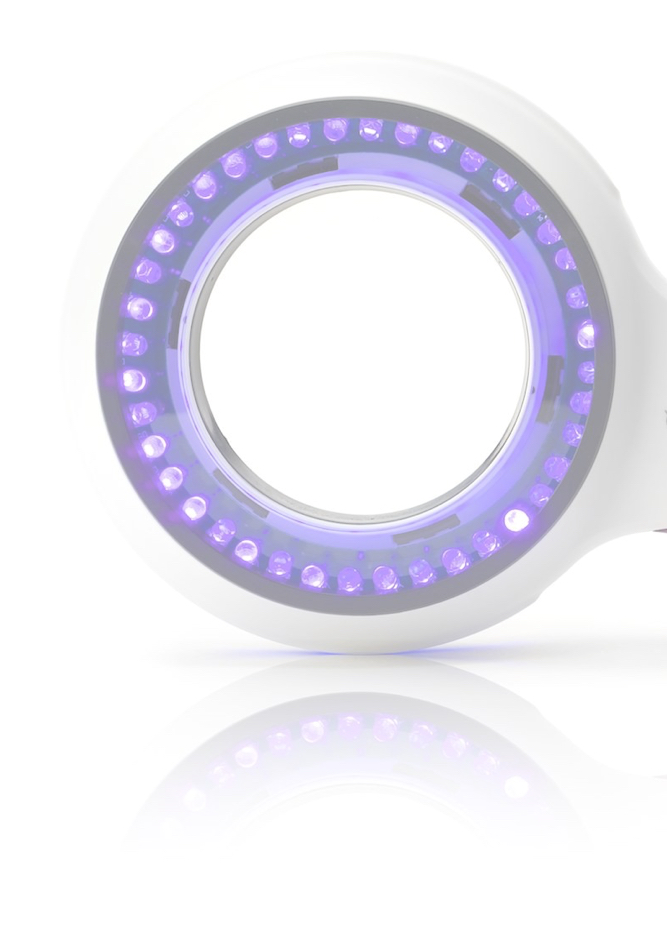Eczema or dermatitis is a term used to describe a group of noncontagious, inflamed skin conditions that result in chronic, very itchy rashes. Atopic dermatitis is one type of eczema that usually starts in infancy or childhood but can begin at any age.
Atopic Dermatitis or Atopic Eczema
The word “atopic” means there is a tendency for excess inflammation in the skin and linings of the nose and lungs. This often runs in families with allergies such as hay fever and asthma, sensitive skin, or a history of atopic dermatitis. Although most people with atopic dermatitis have family members with similar problems, 20% of them are the only ones in their family with the condition.
Questions and Answers About Atopic Dermatitis
Since the atopic dermatitis is associated with allergies, can certain foods be the cause?
Rarely (perhaps 10%). Although some foods may provoke atopic dermatitis, especially in infants and young children with asthma, eliminating those foods is rarely a cure. You should eliminate any foods that cause immediate severe reactions or welts/hives.
Are environmental causes important and should they be eliminated?
Rarely. The elimination of contact or airborne substances does not bring lasting relief. Occasionally, dust and dust-catching objects like feather pillows, down comforters, kapok pillows and mattresses, cat and dog dander, carpeting, drapes, some toys, wool, and other rough fabrics, can worsen atopic dermatitis.
Are skin tests, like those given for hay fever or asthma, of any value in finding the causes?
Not usually. A positive test means allergy only about 20% of the time. If negative, the test is good evidence against allergy.
Are “allergy shots” such as those given for hay fever and other allergies, useful?
“Allergy shots” are not typically useful and may even make the skin condition worse in some patients.
What We Do and What You Can Do:
- Avoiding irritating factors in creams and lotions such as fragrance; rough, scratchy, or tight clothing; and woolens.
- Softening your water may be helpful.
- Rapid changes of temperature and any activity that causes sweating can aggravate atopic dermatitis.
- Proper bathing and moisturizing help to reduce symptoms (Aquaphor®, Vanicream®, CeraVe®, Cetaphil®, or Coconut Oil)
- Dealing with emotional upsets, which may make the condition worse, can be helpful.
- A cool mist humidifier in your bedroom is a good idea.
- Topical medications – topical steroids, topical calcineurin inhibitors, exfoliants
- Orals – antibiotics, antihistamines, or immunomodulators
- Excimer Laser – UVB therapy
- Patch testing for allergens
- Customized Eczema boot camp regimen to help relieve flares
- Biologics – Dupixent® therapy for adults and adolescents
- Dupixent is a recent medical breakthrough for the treatment of atopic dermatitis and asthma. Before there was never a specific treatment for the cause of atopic dermatitis. Dupixent targets the immune cells that create the disease with minimal side effect.
- For more information on eczema visit: EczemaCenter.org



